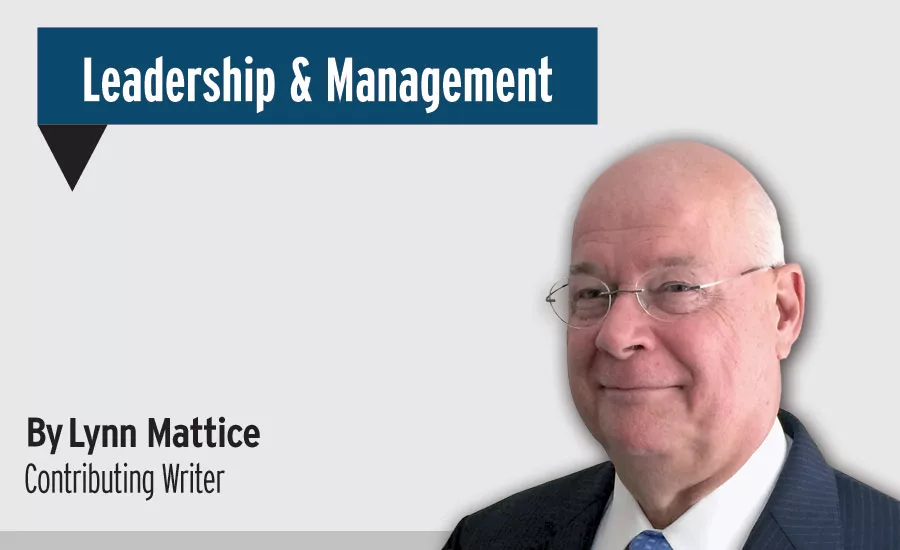Trust: Difficult to Get – Easy to Lose


We learn early in our youth that trust plays a crucial role in our lives. Think back about how hard you had to work to gain the trust of your parents, your friends and your teachers. The hard lessons you learned when that trust was breached and the long and arduous task you faced to slowly regain that trust. Yet, no matter how hard you tried, you never felt like you ever totally recovered to where your trust meter had been.
Trust can be fleeting. One example that many will remember involved newscaster Brian Williams’ fall from grace. He had signed a $10 million a year contract with NBC in December 2015 and was at the top of his game. Williams was rated the 23rd most trusted person in America. In February 2015, Williams was suspended for six months from broadcasting for misrepresenting his experience as a reporter covering the 2003 invasion of Iraq… his trustworthiness rating immediately dropped to #832. I guess the public can be fickle when it comes to putting its trust in someone.
On a front closer to home for many, Edleman’s 2017 “Trust Barometer” survey pegs public trust in CEOs at 37 percent, an all-time low in the 17 years that Edleman has conducted this survey. So, what does it say when 63 percent of the population has no trust in the CEOs that lead corporate America? Does that make the job of the CSO harder? Since the workplace draws its employee base from the public at large, is there a direct correlation between the public’s view and the employees within your enterprise? If only 37 percent of an enterprise’s employee base trusts their CEO, how do they think about the rest of management? What impact does this have on employee morale and their willingness to bend the rules?
Many enterprises utilize 360-degree reviews of management at all levels to gauge how they are viewed by their superiors, peers and subordinates. Many of these reviews include a section on the “trustworthiness” of the leader being reviewed. This can be a great tool to help you understand where you stand with the diverse constituencies that you serve. What you do with the results from a 360-degree review is even more important. This candid feedback can be a hard pill to swallow, but also provides an opportunity for personal growth.
The most important thing to remember is transparency. Taking time to sit down and review the results with individuals that were included in the review provides an incredible opportunity to discuss the good things you heard and, more importantly, to focus on highlighting the areas in which you need to improve. Don’t be afraid to ask for advice from your constituents… as most of them truly want to see you succeed. It is also important to have periodic follow up discussions to assess the progress you are making on improving your skill-sets. Some of the most important aspects of leadership are listening, learning and adapting.
Looking for a reprint of this article?
From high-res PDFs to custom plaques, order your copy today!







